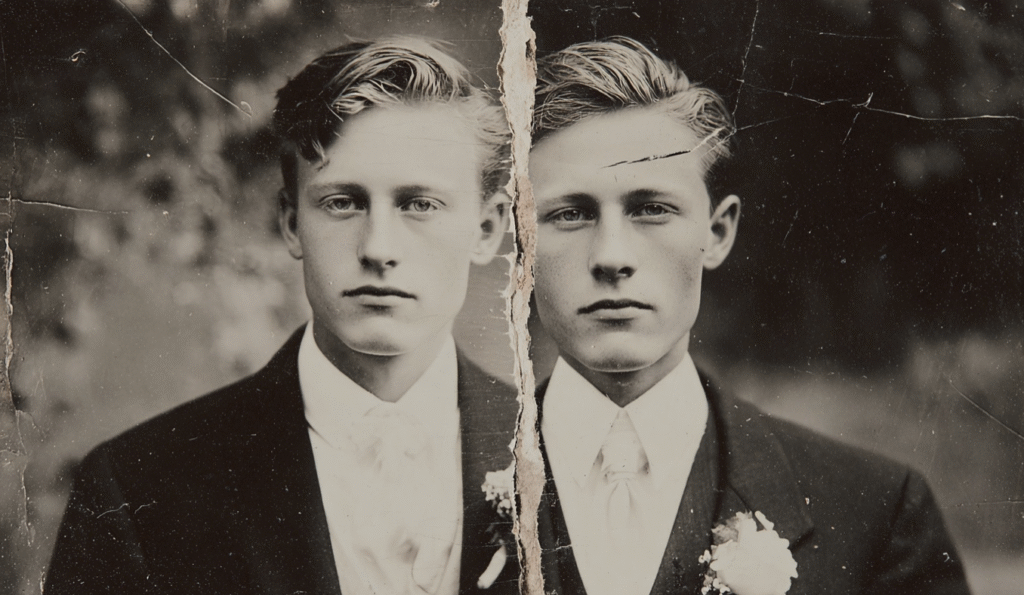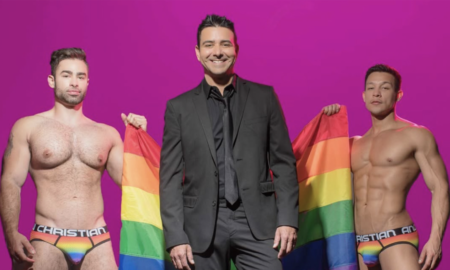For the first time in over a decade, public support for same-sex marriage in the United States is showing a marked decline, signaling a more complex cultural landscape than the steady progress assumed after the landmark 2015 Supreme Court ruling in Obergefell v. Hodges. While a majority still favours marriage equality, recent data reveals a significant contraction in enthusiasm, particularly among Republican voters.
In a YouGov/The Economist survey, support for same-sex marriage has fallen to 54 percent, with 33 percent opposing and 13 percent undecided. This represents a dip from earlier years when approval ratings consistently surpassed 65 percent, reaching highs near 70 percent in 2021 as measured by Gallup polls. The difference in survey results may partly stem from question framing; YouGov explicitly asked whether same-sex marriage should be legal or illegal, a phrasing that tends to invoke more visceral moral judgments than Gallup’s more neutral language about legal recognition and equal rights. This nuanced framing uncovers a split in public conviction, suggesting that when framed as a matter of legality and morality rather than equality, some support softens.
Looking deeper, the decline is most pronounced among Republicans, whose backing for marriage equality plunged from 55 percent in 2021 and 2022 to just 41 percent in 2025 according to Gallup data. In contrast, Democrats and Independents maintain strong support, with figures reported by Gallup indicating 88 percent of Democrats and 76 percent of Independents in favour. This partisan polarization exemplifies the evolving and divisive nature of the issue, with the Republican base showing a resurgent scepticism that pulls overall national support downward, even as a majority still endorses marriage equality.
This shift may signify more than mere political realignment; it reflects an underlying cultural fatigue with what some perceive as ideological absolutism. The institution of marriage, historically tied to concepts of procreation, social stability, and communal responsibility, faces scrutiny as its redefinition to include same-sex unions challenges long-standing anthropological and spiritual narratives. Rather than animosity, what emerges from this new scepticism is a nuanced questioning of whether certain cultural advances have come at the cost of coherence and deeper societal meaning.
The debate is far from confined to marriage equality. The YouGov survey also revealed overwhelming opposition, 64 percent, to transgender athletes participating in women’s sports, illustrating one of the few issues that evokes broad consensus despite America’s usual divisions. This sharp moral boundary resonates across political and religious demographics, highlighting enduring fault lines over gender, identity, and fairness in public life.
Meanwhile, the legal landscape is experiencing subtle yet significant challenges to established precedents. Inspired by the Supreme Court’s reversal of Roe v. Wade in 2022, some lawmakers in multiple states are pushing to revisit the Obergefell decision itself. These efforts, although not yet mainstream, raise the provocative question: if a settled ruling on abortion can be undone nearly fifty years after its inception, could the less than decade-old ruling on same-sex marriage also face judicial reconsideration?
Source: Noah Wire Services


















